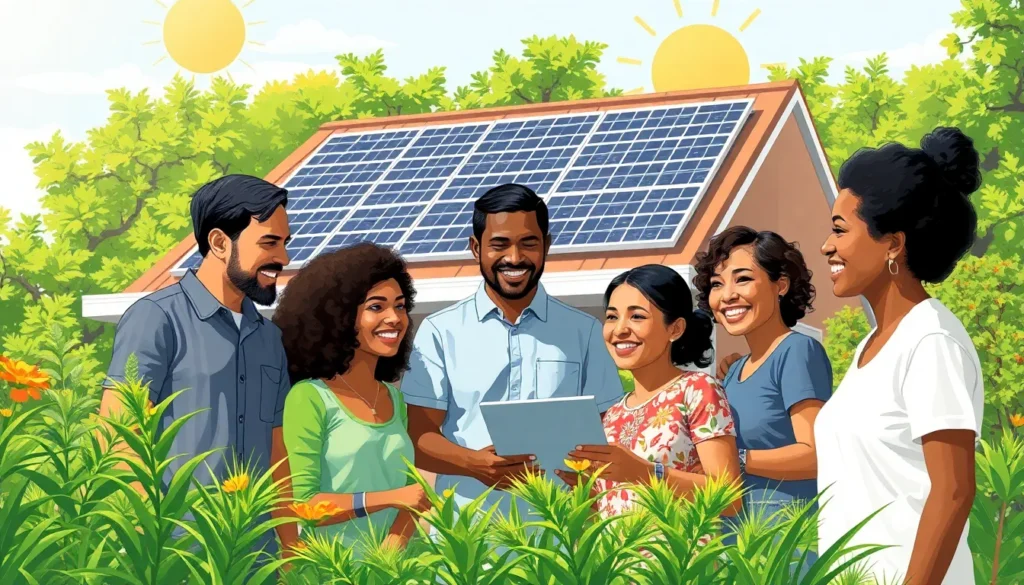Table of Contents
ToggleIn a world where every watt counts, energy-efficient laptops are the unsung heroes of the tech realm. They’re not just saving the planet; they’re also saving users from the dreaded battery anxiety. Picture this: you’re in the middle of a crucial presentation, and your laptop decides it’s time for a nap. Not with energy-efficient models! They’re designed to keep going while sipping power like a fine wine.
These laptops combine cutting-edge technology with eco-friendly features, proving that saving the Earth doesn’t mean sacrificing performance. With longer battery life and lower energy consumption, they’re the perfect companions for anyone who wants to work smarter, not harder. So why not join the energy revolution? Embrace a laptop that’s as good for your productivity as it is for Mother Earth.
Overview of Energy-Efficient Laptops
Energy-efficient laptops enhance productivity while minimizing environmental impact. These devices incorporate innovative technologies like solid-state drives (SSDs) and low-power processors. Advanced components decrease energy usage, allowing users to work longer on a single charge.
Battery performance stands out as a significant benefit of energy-efficient laptops. With improved battery life, users experience less anxiety regarding power availability during important tasks. Reduced energy consumption aligns with eco-friendly practices, contributing to a more sustainable future.
Manufacturers prioritize energy efficiency in their designs, resulting in laptops with excellent performance metrics. Many models feature certifications such as Energy Star, indicating compliance with energy efficiency standards. Such certifications provide assurance for consumers looking to make sustainable choices.
Various brands invest in research and development to produce energy-efficient devices. Dell, HP, and Lenovo lead the market with models designed to mitigate unnecessary power usage. Their commitment reflects a growing awareness of global environmental issues.
Users benefit from energy-efficient laptops in terms of cost savings as well. Lower energy bills accompany reduced power consumption, which can lead to significant savings over time. Furthermore, these laptops typically offer comparable performance to their less efficient counterparts, making them attractive choices for all types of users.
Benefits of Energy-Efficient Laptops
Energy-efficient laptops offer multiple advantages, primarily in cost savings and environmental benefits. Users experience significant value from these advanced devices.
Cost Savings
Lower energy consumption directly translates to reduced energy bills. Energy-efficient laptops consume up to 50% less energy than standard models. Users notice financial relief when relying on these laptops for extended periods. Additionally, brands such as Dell and HP design models that maximize battery life, leading to diminished reliance on power outlets. Over time, these savings accumulate, making energy-efficient options economically appealing.
Environmental Impact
Energy-efficient laptops contribute positively to environmental sustainability. By reducing power consumption, these devices help minimize carbon footprints. Manufacturers like Lenovo have embraced eco-friendly practices, prioritizing energy efficiency during production. Studies show that widespread adoption of energy-efficient technology could reduce global energy use by 15% by 2030. Choosing energy-efficient laptops supports a broader commitment to sustainability. Users play a crucial role in fostering a greener future through their device choices.
Key Features to Look For
When selecting energy-efficient laptops, certain key features significantly enhance performance and sustainability. Understanding these components helps users make informed decisions.
Processor Efficiency
Processor efficiency plays a crucial role in energy consumption. Look for laptops featuring low-power processors. These processors optimize performance while using less energy, contributing to overall efficiency. Many manufacturers utilize advanced technologies, such as ARM architecture, which enhances performance without draining battery life. Additionally, processors with multiple cores enable seamless multitasking, balancing power usage and operational speed. Users often find that laptops with energy-efficient processors experience less thermal throttling, maintaining optimal performance during demanding tasks.
Battery Life
Battery life remains a primary concern for users. Energy-efficient laptops typically extend battery capacity significantly, often lasting up to 15 hours on a single charge. Enhanced battery technology, such as lithium-polymer, contributes to longer longevity and faster charging times. Laptops that integrate advanced power management systems dynamically adjust performance based on usage, ensuring users maximize their battery life during varying tasks. Switching to energy-efficient settings further extends overall usability, making these devices suitable for work or entertainment on the go. Users can expect a notable reduction in battery anxiety, enhancing productivity and convenience.
Top Energy-Efficient Laptops in 2023
Energy-efficient laptops have gained popularity in 2023 for their impressive performance and battery life. Many brands strive to produce models that excel in reducing energy consumption while maintaining robust capabilities.
Model Reviews
Apple’s MacBook Air with M2 chip stands out for its efficiency, achieving up to 18 hours of battery life. Dell’s XPS 13 also impresses with its sleek design and low-power Intel Core processors. Lenovo’s ThinkPad X1 Carbon excels in delivering exceptional productivity and durability alongside energy efficiency. HP Spectre x360 offers versatile functionality, blending design with energy-saving technology. Each laptop combines advanced features that target users seeking performance without sacrificing sustainability.
Price Comparisons
Prices for energy-efficient laptops vary significantly. The MacBook Air starts around $999, representing a premium investment in sustainability. Dell’s XPS 13 begins at approximately $949, delivering top-notch features for users. Lenovo’s ThinkPad X1 Carbon is priced from $1,399, reflecting its robust build and performance. HP Spectre x360 usually starts around $1,199, appealing to those wanting luxury with eco-friendly credentials. Overall, consumers can find options across a spectrum of budgets, allowing easy access to energy-efficient technology.
Future of Energy-Efficient Laptops
Innovations in energy-efficient laptops are set to reshape user experiences and environmental impacts. Manufacturers design devices with a focus on sustainability, incorporating advancements like low-power processors and solid-state drives. This trend points to a future where productivity combines seamlessly with ecological responsibility.
Research shows energy-efficient laptops can cut energy consumption by up to 50%, greatly lowering electricity costs for users. Brands prioritize features that optimize both performance and power saving, ensuring devices perform well without excessive energy use. Companies, such as Dell and Lenovo, lead the charge in this shift, continually investing in technology advancements to enhance efficiency.
Consumer preferences are also evolving towards energy-saving options. When selecting laptops, features such as battery longevity and processor efficiency are critical. High-performance laptops can offer battery life extending up to 15 hours, allowing for prolonged use without frequent charging.
Furthermore, future projections indicate a potential 15% decline in global energy use by 2030 with widespread adoption of these laptops. This change represents not just a personal benefit but a significant step towards mitigating climate change. Users can contribute to this effort by choosing improved designs with Energy Star certifications.
Top models currently, including Apple MacBook Air with M2 chip and Lenovo ThinkPad X1 Carbon, showcase impressive energy-efficient technologies. Their prices range from $949 to $1,399, accommodating varied budgets while promoting sustainability.
Emphasizing the interplay between performance and energy efficiency cultivates a market that highlights responsible consumption, driving more users to make informed choices for themselves and the environment. Together, individuals and brands continue to pave the way toward a greener future through savvy technology selections and innovations in energy efficiency.
Conclusion
Energy-efficient laptops represent a significant advancement in technology that benefits both users and the environment. By choosing these devices, individuals not only enhance their productivity but also contribute to a more sustainable future. With impressive battery life and reduced energy consumption, these laptops are designed to meet the demands of modern users while lowering their carbon footprints.
As manufacturers continue to innovate and prioritize energy efficiency, consumers can expect even better performance and cost savings. The growing variety of options across different price points makes it easier for everyone to make eco-friendly choices. Adopting energy-efficient laptops is more than just a trend; it’s a step towards a greener planet and a smarter way to work and play.







